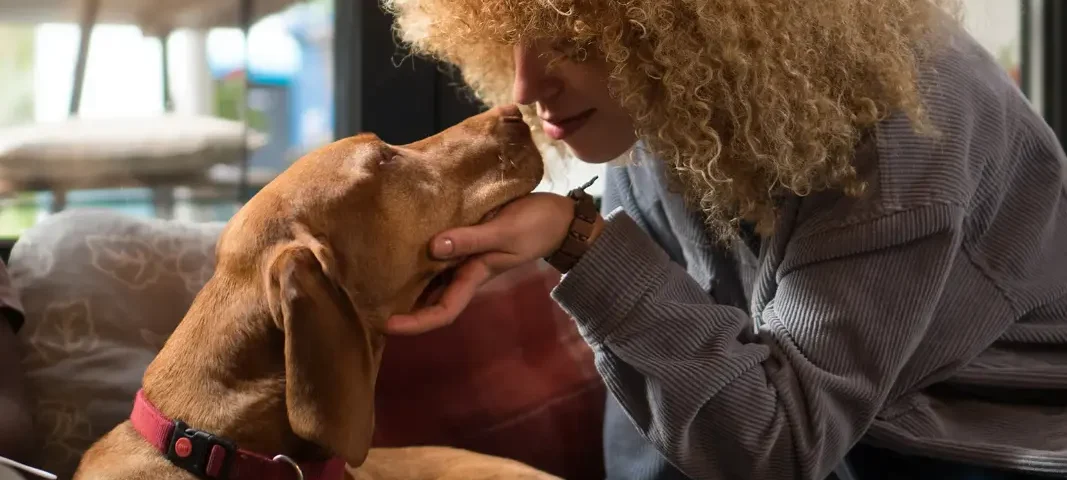Divorce is stressful and emotionally causes problems to the families. It requires making tough choices about children and property. The destiny of pets is an important factor, but it is disregarded. Pets’ fate is a significant aspect that gets overlooked. It should come as no
surprise that the subject of who keeps the animals after a divorce is getting more and more popular. Keep in mind that over 17 million families in the UK own pets.
How is Pet Ownership Legally Decided?
In the eyes of UK law, pets are considered property. Animals owned by pet owners may be seen as cherished family members. During divorce procedures, the legal system does not distinguish between a pet and other kinds of property. For this reason, while determining ownership, dogs are taken into account in the same way as other assets.
Key factors that influence the decision of pet ownership in a divorce include:
1. Proof of Ownership
This includes who originally purchased the pet. Receipts, adoption papers, or any documentation showing who bought the animal can be crucial in establishing ownership.
2. Financial Contributions
The person who has paid the majority of the pet’s expenses may be taken into account by the court.
3. Name on Tags or Microchips
The name registered on the pet’s identification, such as microchips or tags, can also be adetermining factor.
4. Veterinary Records
The person registered with the vet may be considered the primary owner. Given these factors, the ideal scenario is for couples to reach an amicable agreement on pet custody. When this is not possible, the court may intervene to make a decision.
Who Gets Custody of the Family Pet?
The court’s ruling will mainly consider ownership and monetary contributions in cases when spouses are unable to come to an amicable agreement regarding who maintains the pet. The optimum living environment and the welfare of the pet are also taken into account by the court. This portion involves determining each party’s potential future living situation and financial standing in order to guarantee the pet will continue to receive the necessary care.
TV host Ant McPartlin and his ex-wife Lisa Armstrong’s high-profile case serves as an illustration of the court’s pet custody policy. Hurley, their dog, was awarded joint custody by the court in this instance, enabling the parties to keep a close relationship with the animal. These arrangements, referred to as joint custody, may be decided upon amicably by the parties involved or created by a court decree. Joint custody might involve a schedule where the pet alternates between homes, ensuring both parties share responsibilities. It is essential to note that while the court may consider the pet’s welfare, its primary focus will always be on matters concerning children and property. Pets are considered secondary to these more critical issues.
What is a Pet Nuptial Agreement?
A Pet Nuptial Agreement is a legal contract that specifies how a pet will be cared for in the separation. A Pet-Nup can outline who is still in charge of the pet’s ownership, access privileges, and financial obligations for its continued care. This agreement may be used separately or as a part of a typical prenuptial or postnuptial agreement. An analogous clause may be found in a cohabitation agreement for unmarried couples.
Even though a Pet-Nup isn’t always enforceable, it has a lot of weight in the event that disagreements emerge during a divorce. It offers a precise structure for settling pet custody disputes, lowering the possibility of confrontation and facilitating a more seamless transition for
all parties.
Seeking Legal Advice on Pet Ownership in Divorce
Divorce requires expert legal advice. You can better understand your rights and obligations regarding pet ownership. Legal assistance is helpful to prevent future disagreements and protect the welfare of all individuals. It ensures that decisions taken during this difficult time are
fair, well-informed, and compliant with the law.
Pets are considered property by law, but their value to a family often transcends this basic classification. Pets can receive the consideration and care they deserve throughout a divorce by being aware of the legal framework and by consulting an expert.
For further advice please get in touch with our team today by calling 020 8538 0182 or +44 7857 809932, or you can email us on [email protected].
Please note these blogs are to enhance your knowledge and are not tailored advice, for specific advice please get in touch with our outstanding team.



